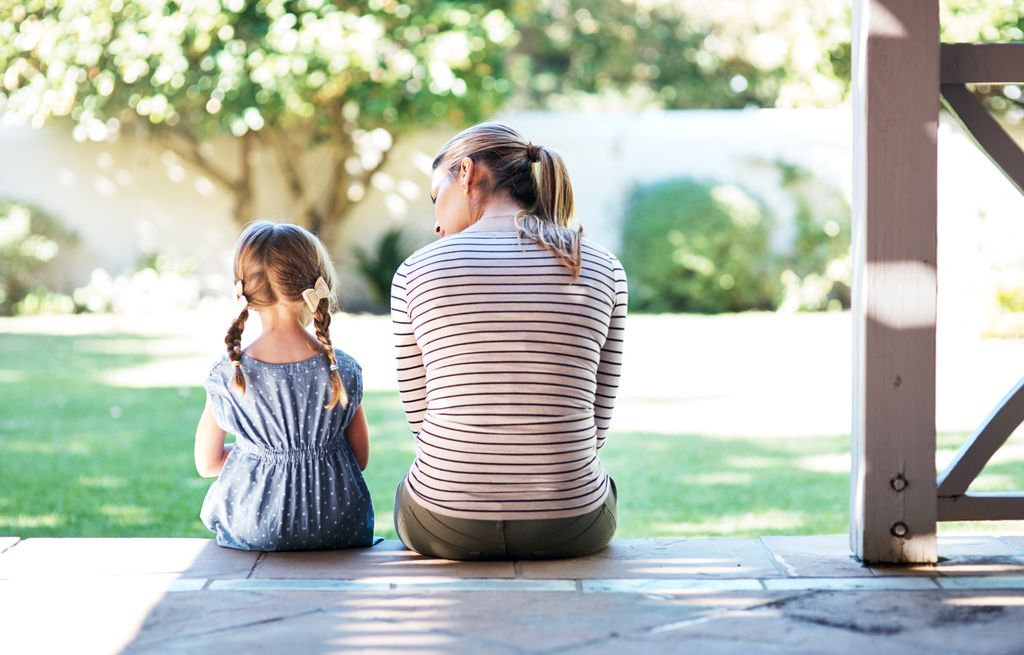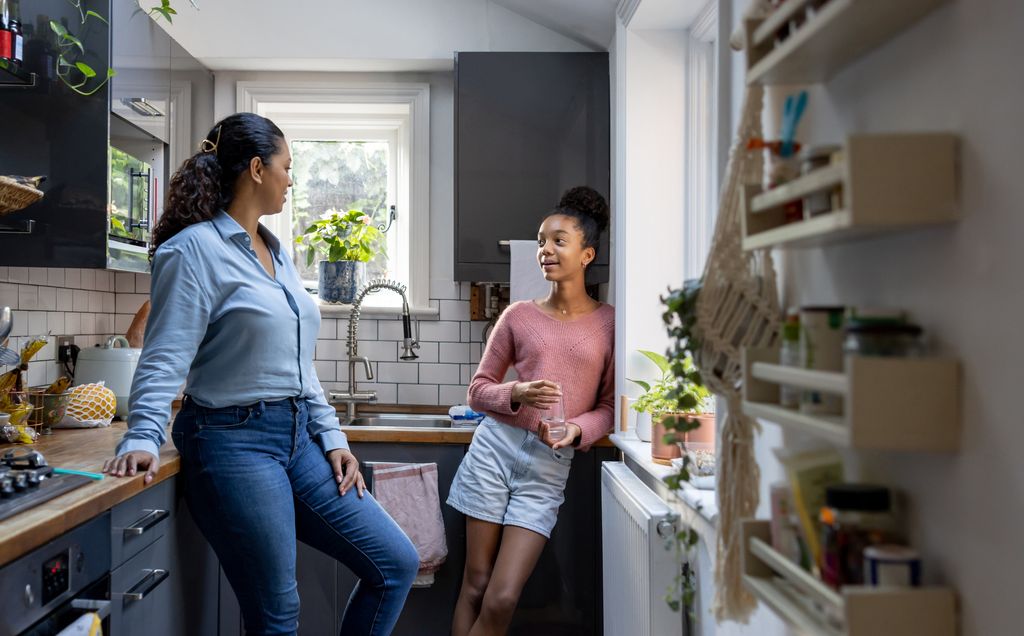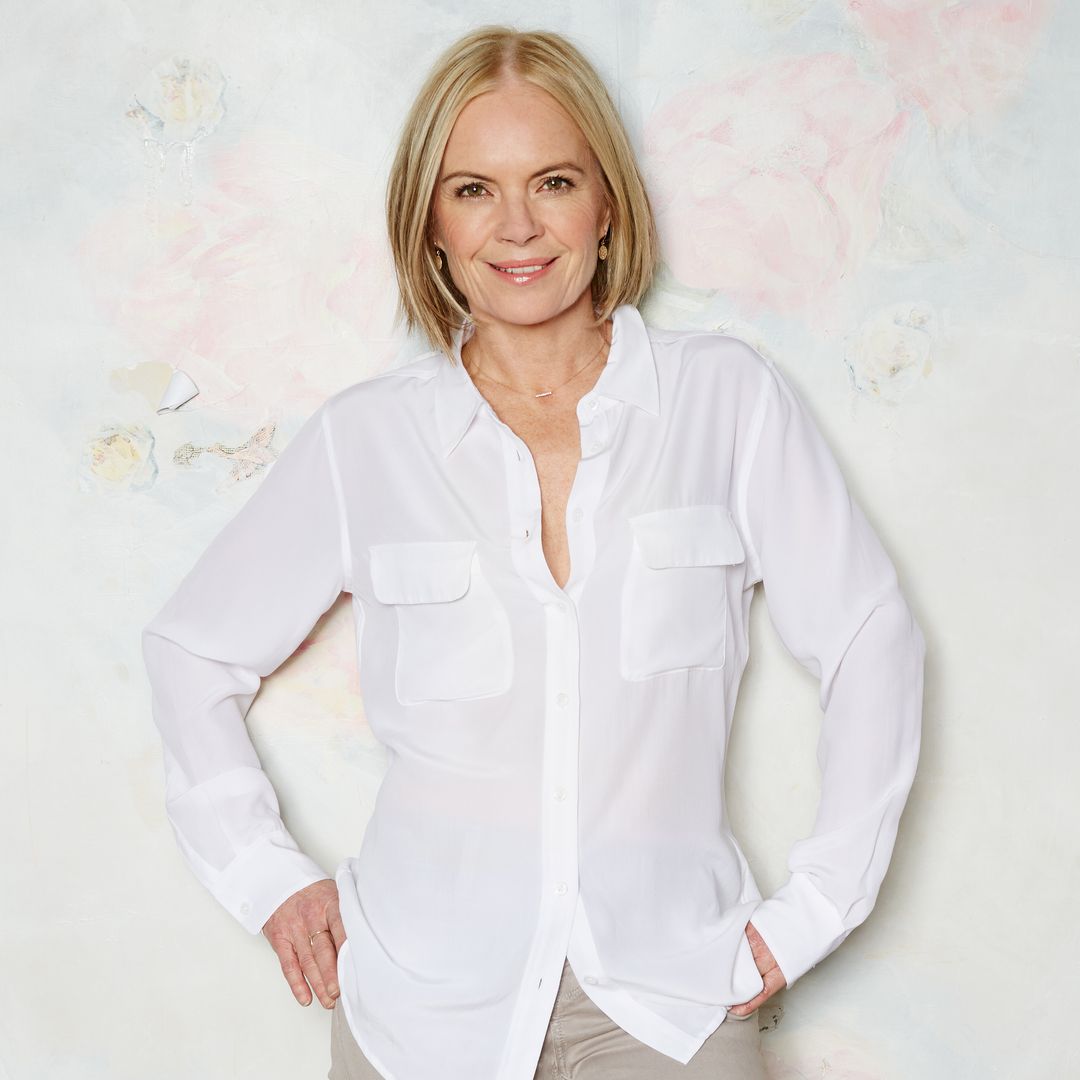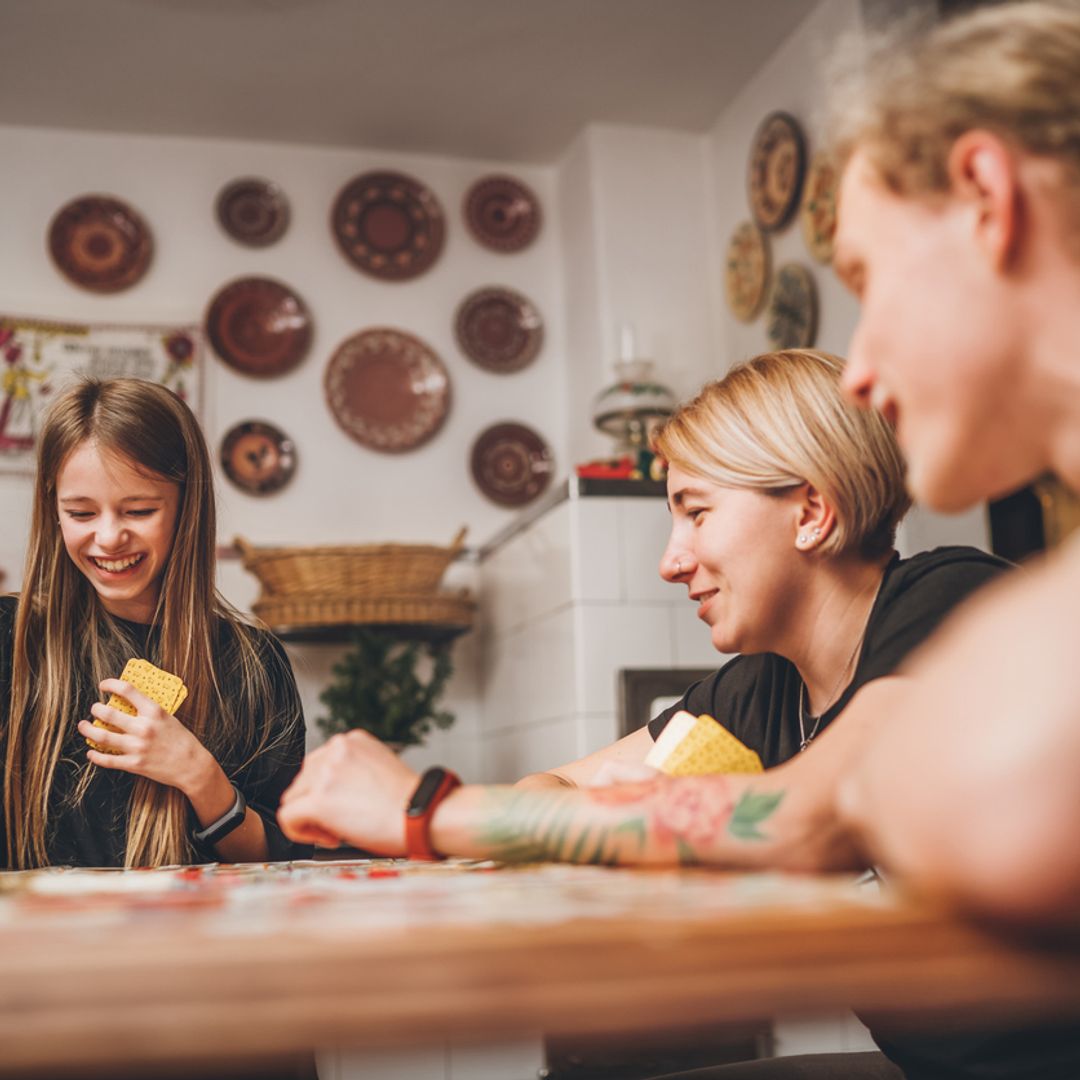I became part of a blended family dynamic when I was 25 - I’m almost reluctant to use the term step-parent as the children in question were nine and 16 years old when I came onto the scene. I felt very self-conscious of the age difference.
It made me grow up fast and I learned a lot of things the hard way. I think it’s always a work in progress, but there are some things I wish someone had told me at the beginning. If you’re in a similar situation, I hope this is helpful for you.
1. You do not know what you're getting yourself into
When I was in my 20s and sometimes in tears due to the frustrations I would feel navigating this difficult dynamic, I would turn - in desperation - to online forums.
Some people in those forums gave me what I needed; a sympathetic ear and the recognition that it is hard. More often though, people tended to write: "You knew what you were getting into."
For me, this was categorically untrue. I grew up with parents who were married, with no experience of anyone with a step-dynamic. I was 25 when I fell in love with someone who had children, and I don’t even have younger relatives. It was a totally alien experience to me.
Now, even eight years on, and as a parent to a four-year-old myself, I still wouldn’t know what I was getting into.
How people parent their children is entirely personal to them and how children respond to their situations is unique too. There is no formula, no template, no one-size-fits-all and you are allowed to be overwhelmed by that.
DISCOVER: The relationship secret people in long-term couples want you to know
2. Manage your expectations
One of my favourite things to do is to create experiences - dinner parties, days out, you name it. As a parent, I thrive on creating exciting experiences for my child and I get a lot of joy from her reaction - but I know her very well and I know how she’ll react.
We all know the sting of creating something and not having it land the way we want it to, and it took me a long time to realise I was doing that in my role as a step-parent.
I would put time and effort and money into creating experiences - whether it was Christmas gifts or a family dinner - then feel hurt and resentful if it wasn’t received the way I wanted it to be.
When I realised that I cannot control or anticipate how people decide to respond to these things, I felt a weight lift.
It doesn’t mean I don’t put the effort in - I do, but I do it with the understanding that it might not be (at least on the surface) appreciated by everyone, but if I have enjoyed doing it then that is what matters. Sometimes I think of it a bit like earning the trust of a suspicious cat. Be consistent and kind and you’ll get there in the end - and if you don’t, it’s not your fault.
READ: Nobody told me motherhood would bring so much darkness and joy simultaneously
3. Communication is key
Finally, I can’t stress enough how important it is to talk - and this is a perspective I’ve gained after having my own child.
I like to think I’m not totally blinkered when it comes to her behaviours, but I do recognise that what I might see as a charming quirk, others could see as a display of bad behaviour.
I came to realise that all the times that I sat in silence waiting for my partner to step in, we had been viewing the same situations entirely differently.
It’s so important early on to establish how you will discuss things. We didn’t do this because I was so young, and I just didn’t know I needed to.
Now, with hindsight, I would tell my younger self to say: "How should I tell you if I find something challenging or difficult?"
Opening up that conversation early on does a few things - firstly, it opens the parent’s eyes to the fact that you might find some things hard, and that is only human. Then it allows you to learn how they’d like to hear this information - as it’s going to be difficult for them too.
READ: Why didn't anyone warn me how bad mum guilt would be?
It’s taken me nearly 10 years of navigating this dynamic - and doing it in a world where it’s not really talked about - to accept that it is hard, but it’s hard for everyone.
It’s hard for the parent, hard for the children and it’s hard for the step-parent too. No one’s experience is any less valid and you are allowed to find it hard - it’s how you handle it that counts.











